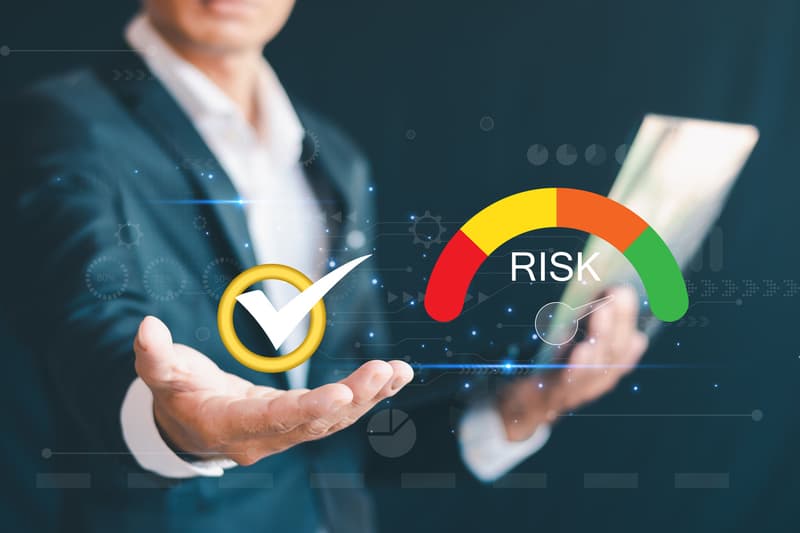
Queensborough Community College’s eLearning Student readiness Program module one: Introduction to QC online provides online training in classroom courses in subjects like mathematics, chemistry, biology, accounting and other disciplines. The course is available on CDs for CD-ROM (digital audio CD) or on computer file formats (CD, DVD, VSD, etc.). On this site you will find information on this program and on other relevant topics.
QC Online Course Overview: As part of the introduction of a new program, QC offers an online course for its members. This program is based on the theory of cognitive learning and provides the student with a hands-on experience through classroom instruction in subjects like mathematics, chemistry and biology. This is a four-credit course, and it has a corresponding workbook. You will be given a self-evaluation test to help you decide how well an online learning course will suit your learning style and lifestyle. You will also get to check your progress with an on-screen report.
Elearning is an interactive learning process that is designed to provide information to the learner in a more efficient manner. A virtual classroom allows the instructor and the student to interact by means of video conferencing, chat and voice. There are several types of software that can be used in the classroom to facilitate the interaction between the student and instructor.
ELearningclasses.com includes many applications of interactive technology and the application can be used by people of all ages. Computer-assisted instruction or e-learning is a technique where the instructor provides lessons or instructions over the internet and the student learns through viewing and listening to the instructor’s lecture on his or her screen. It is important to note that e-learning is not the same as traditional classroom teaching. There are differences between the two and you should not think of e-learning as an alternative to traditional teaching.
One of the most important aspects of e-learning is that it is interactive. The student has to participate actively in the learning process. Other than the lectures, the student also uses the software to access the instructor and answer questions, to search for answers, and to do calculations.
The main objective of online classes is to offer a hands-on experience for students. e-learning helps them understand what they have been taught by providing more than just a textbook. Students learn in their own time in their own environment and they can interact with the instructor.
This is because the course material is taught in a classroom environment. However, the content is designed to be easier for the student to comprehend.
In addition to a live instructor, the e-learning program also has a group of tutors who work with students in order to provide help and support when needed. Online tutors are available at different times of the day to help students in the middle of the night, while they are on vacation, or in class during the day.
E-learning can be used for all levels of learning, from basic training to advanced courses. This is because the instructor usually has a more in-depth knowledge about the subject than the average student.
It is a good idea to check on the school and instructor before enrolling in any e-learning course. You can check the school’s accreditation and take the time to look at the instructor’s qualifications.
It is also a good idea to get a professional to evaluate your progress. These professionals are also called tutors and you should consider asking the tutors to evaluate your progress.
Once you are satisfied with your student’s progress, then it is a good idea to continue to review the e-learning course to see how the content is improving. It is a great way to give the student more feedback so that he or she can improve the material on a regular basis.


